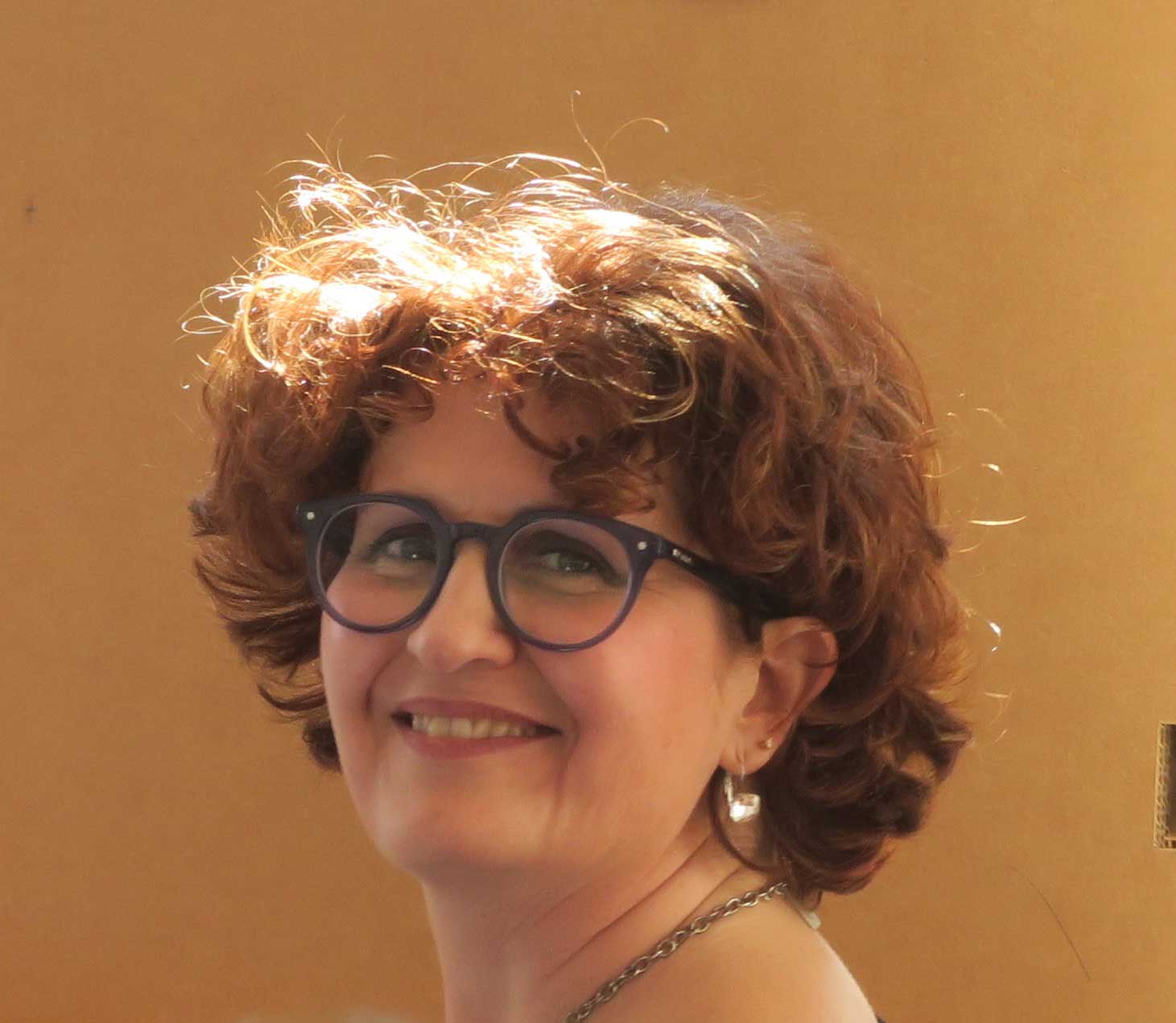ROME'S ULG MEETING AT TIMES OF COVID-19
Edited on
21 April 2020If anyone had told me, just a few weeks ago, that today I would find myself writing this article confined within the four walls of my home I probably would have burst out laughing…but there is little to laugh about. We are facing one of the worst health emergencies in the last 100 years, an unprecedented situation which no one could have foreseen when welcoming the new year, but here we are. Images of scenes of despair, pain and disbelief flow in front of us and, at the same time, of great humanity and solidarity. What is emerging of all this is the ability of the human kind to respond resiliently to new shocks such as the one we are witnessing. What is certain to all of us is that nothing will ever be the same after this, nothing should ever be the same.
In the meantime, how are we adjusting to these new circumstances? How are we getting on with “business as usual”? The best way to maintain some sort of “normality” is to use the available technology for all purposes. And this is exactly what the ULG of Rome did last 13th March, date in which they were supposed to meet at the headquarters of the Binario 95 Onlus for their scheduled 6th ULG Meeting. Instead, 22 participants met online and discussed, for almost three hours, all the topics on the agenda.
Why Binario 95 Onlus? It operates in the accommodation of homeless people, providing a space for them to sleep, wash and carry out leisure and social activities. One of these activities is the vegetable garden. In May 2019 Binario 95, Onlus obtained the management of a parcel of land in the Casal Bertone area (East Rome) in which 28 vegetable gardens were created. The project was called Villaggio 95 and aims at the social integration of homeless people through agricultural activities. It is hoped to be able to hold a ULG meeting at Villaggio 95 in the spring.
Ms Silvia Cioli highlighted the great efforts made by each partner city in terms of Capacity Building and how they are working intensively to draw up their own urban garden regulations, following the Rome model and adapting it to their context and existing challenges: Vilnius and Thessaloniki struggle to identify free public land for urban gardens, Krakow needs to buy back private land to create public urban gardens. A shared conclusion reached by all partner cities: the fundamental role played by the ULGs in raising awareness of the importance of urban agriculture in sustainable urban development. A lot has been done at city level, but much more still needs to be done: the need for a global strategic vision that comprises urban gardens, coordination between institutions, research, support in terms of resources and beyond, as well as communication and citizens’ awareness.
Mr Andrea Messori, expert in the Gardeniser Vocational Training, recalled the success of the training sessions held in Rome, Caen, Loures and Thessaloniki. The latter was not initially scheduled but was added following the request from partners to involve more ULG members in the training of the Gardeniser. Different representatives from each city participated in each session. This allowed the pool of "trained" participants to widen considerably, an unexpected and very positive result. In addition, the cities of Coruña, Caen and Krakow have requested further training sessions and in the coming months, once the Coronavirus emergency will hopefully have been overcome, Replaynet will conduct Gardeniser courses in these cities, courses that were not scheduled in the Project. Experience has therefore shown the high demand of the new professional figure of the Gardeniser and how local administrations have clearly understood the importance of this figure to make the transfer of Rome’s good practice of urban gardens management lasting over time in their city.
Rome’s new regulation of urban gardens took up a significant part of the online meeting. It seems a paradox that the new regulation is being followed as a model by the partner cities of the project while the approval process has not yet been completed in Rome. Paola Marzi from the Urban Garden Office of the City of Rome specified that the new regulation has long been under evaluation by the Department of Environmental Policies. All the steps requested by the Urban Garden Office in reference to the updating of the existing Regulations have been carried out, as well as the work required from the associations. ULG members discussed about the possible solution to this deadlock could be to join forces: citizens, associations, experts, professionals in the sector, through local communication actions highlighting all the progress made in Rome in recent years in the field of urban and peri-urban agriculture and the success achieved internationally. The RU: RBAN project has given visibility to Rome not only at European level but worldwide, as witnessed through the study visits carried out at the urban gardens of Rome in 2019 by a delegation of Peruvian mayors and by a delegation from the Ministry of European Funding of Croatia.
The lack of a local strategy to improve the environment and the citizens’s quality of life was highlighted, that is, a strategy that brings the policy for urban gardens (the new Urban Gardens Regulation) and food policy into coherence, and that it is in favor of organic agriculture as well as all green policies. This strategic approach requires the willingness on the part of all the actors involved to collaborate in identifying a convergence of interests and, therefore, the sharing of the objectives to be achieved by the city in terms of organic agriculture, green policies, food policy and urban agriculture.
After almost 3 hours of enthusiastic and profitable debates, ULG members agreed to meet later in spring, hopefully in company and outdoors…
 Submitted by Patricia Hernandez on
Submitted by Patricia Hernandez on
